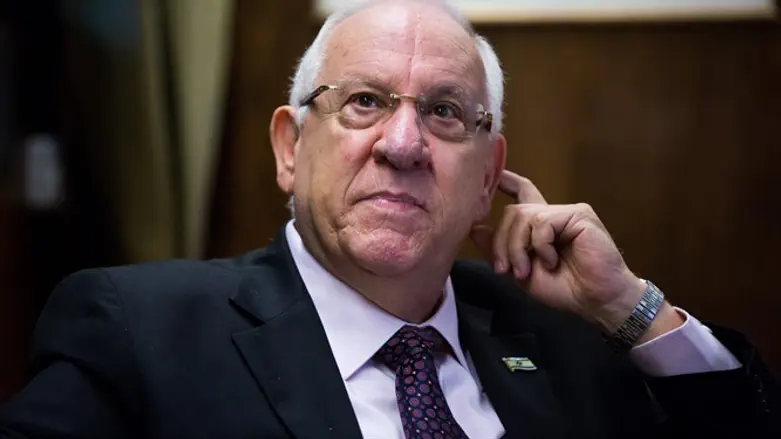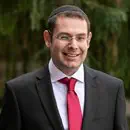
President Reuven Rivlin warned that internal divisions within Israeli society constitute a grave threat to national security Monday at the annual Institute for National Security Studies (INSS) conference.
During his address, Rivlin praised the work of the INSS in bringing discussions about national security to the Israeli public.
"Debates on national security are usually conducted behind closed doors, in smoke-filled-rooms – far from the eye of the public and the media, and far from the listening ears of the enemy," he said. "There is no doubting the need for discretion, for reasons of security. Solidarity should not be harmed; not out of recklessness, nor out of decisions taken for populist or unconnected reasons.
"Yet, from 2009 onward, alongside the assessments of the official intelligence services, the INSS has presented a national strategic assessment," he added, listing its benefits. "Above all, it is a report which is open to the whole public."
He said that the INSS report empowers Israeli citizens. "Knowledge is power. And knowledge shared by experts with the public enables all to be empowered. In the first decades of the state there was a clear hierarchy between ‘the experts’ and ‘the people’. The experts knew, and the people obeyed. I am pleased to say that the State of Israel has come a long way, as too have the experts. Today, the experts wish to share with the whole Israeli public the responsibility which comes with sovereignty. And this responsibility is a heavy one indeed. "
Rivlin also praised the INSS report as beneficial to democracy. "In this sense, not only the INSS report, but also this conference, are great assets to Israeli sovereignty. They are a symbol of the maturity of Israel’s democracy. And they are a sign that in the State of Israel, one can hold a genuine and professional discussion on the issues affecting our destiny and very existence, and that at the same time, this discussion can be held in the public domain.
He added, however, that "it is not enough for the discussion to be public, you also need the [participation] of the public. The public must carry the responsibility which comes with knowledge. The public must consider the issue of the State of Israel’s national security to be of importance. A public which, alongside its wide diversity between its sectors, will also have at least a minimal level of brotherhood."
He warned of the dangers of divisions in Israeli society. "The major strategic threat highlighted in this year’s annual assessment is the ‘weakness in Israeli solidarity, and the culture of division’. This is not just a passing statement. This is not just a typographical error. This is an urgent and critical call, which reflects the understanding that solidarity is part of our national resilience, a call which declares that the internal tensions in Israel represent a threat to our existence and our very security – no less than the external military threats, which have been weakened in recent times. The warning is real, and dealing with this threat is up to us, and up to us alone."
President Rivlin cited the divisions between the Jewish majority and the Bedouin sector, the divisions between the majority and the overall Arab sector, and the divisions between Jews in the State of Israel, as divisions which threaten the security of the state.
He called for the immediate formation of an "overall plan" to address the divisions of Israeli society.
"Each hesitation distances us further from the solution, and has the ability to increase the divisions and the violence," he concluded.
